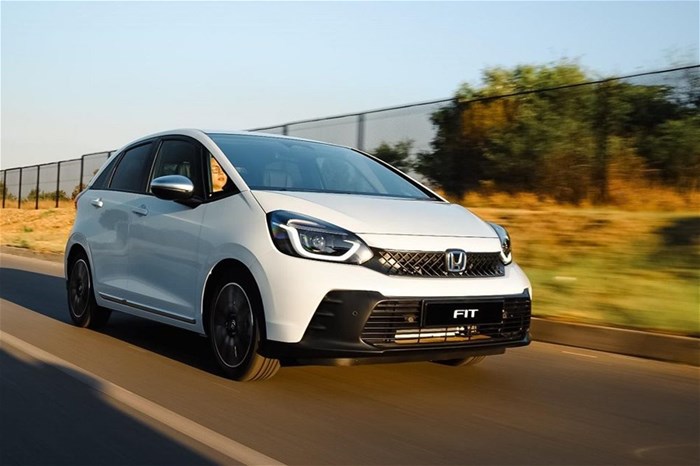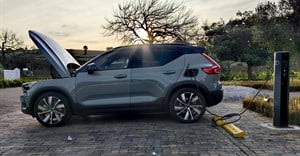
Hybrid cars are the right choice for South Africa

1. Energy mix and grid stability
South Africa's energy landscape is dominated by coal, which has significant environmental implications due to its high carbon emissions. Hybrid vehicles offer a transitional solution by reducing reliance on fossil fuels directly for transportation. They can be charged from the grid, which, despite its carbon intensity, provides a stable and relatively reliable source of electricity. This allows for a gradual reduction in overall carbon emissions as the grid itself transitions to cleaner sources such as renewable energy and nuclear power.
2. Driving range and infrastructure
One of the challenges for electric vehicles (EVs) in South Africa is the vast distances many people need to travel, especially in rural areas. Hybrids mitigate range anxiety because they combine a conventional internal combustion engine (ICE) with an electric motor and battery. This dual-power system extends the driving range significantly compared to purely electric vehicles, making them more practical for longer journeys without the need for extensive charging infrastructure.
3. Cost considerations
Hybrid cars are generally more affordable than fully electric vehicles, which can be crucial in a country where cost is a significant barrier to adopting new technologies. The initial purchase price of hybrids is often lower, and they also require less investment in charging infrastructure compared to full EVs. Moreover, the operational costs of hybrids are typically lower due to improved fuel efficiency and potentially lower maintenance costs.

4. Economic opportunities
Adopting hybrid technology can stimulate local economic growth through manufacturing, assembly, and servicing of hybrid vehicles and related components. South Africa has a well-established automotive industry, and embracing hybrids could bolster this sector by attracting investments from global manufacturers looking to expand their hybrid vehicle production capabilities.
5. Environmental impact
While hybrids still use fossil fuels, their reduced fuel consumption compared to traditional vehicles translates into lower overall carbon emissions. This is particularly significant in urban areas where air quality is a concern due to vehicle emissions. Hybrid cars produce fewer emissions of harmful pollutants like particulate matter and nitrogen oxides, contributing to improved local air quality and public health.
6. Infrastructure readiness
South Africa is in the process of developing its electric vehicle charging infrastructure. While this infrastructure expands, hybrids can serve as a bridge technology, offering a low-emission alternative without requiring extensive new infrastructure investments. This phased approach allows for smoother integration of electric vehicles into the transport system over time.

7. Consumer acceptance and behaviour
Consumer behaviour and acceptance of new technologies play a crucial role in their adoption. Hybrids are already well-accepted globally and familiar to consumers due to their similar driving experience to conventional vehicles. This familiarity can facilitate quicker adoption rates compared to entirely new technologies like fully electric vehicles, particularly in markets where consumer education and awareness about EVs are still developing.
Conclusion
Hybrid cars present a pragmatic and effective solution for South Africa's decarbonisation efforts, considering its current energy mix, economic conditions, and infrastructure development stage. They offer a viable pathway to reduce carbon emissions from transportation while addressing practical challenges such as range anxiety and infrastructure readiness. As South Africa continues its transition towards cleaner energy sources, hybrids can serve as a crucial stepping stone towards a more sustainable transport future.
















